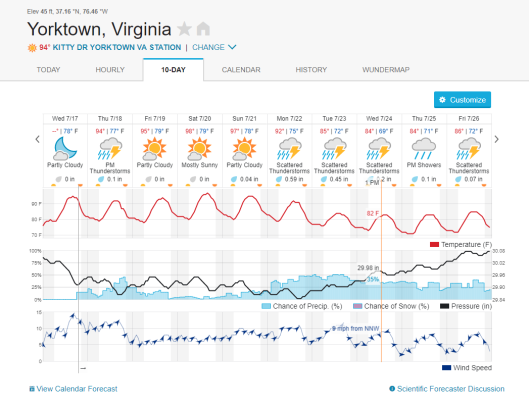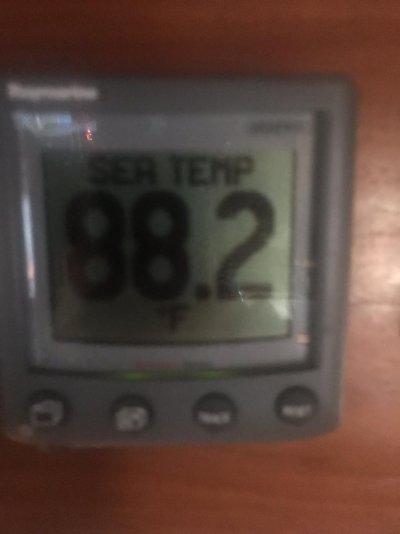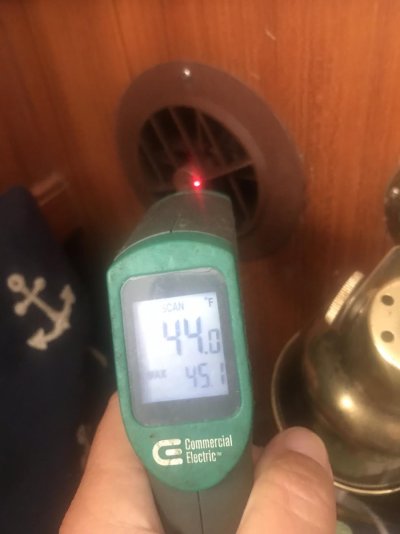ssobol
Guru
- Joined
- Mar 12, 2015
- Messages
- 1,229
- Location
- United States
- Vessel Name
- Sobelle
- Vessel Make
- C-Dory 22 Cruiser
[
No one wants to drive their car (and be miserable) for an hour just so the interior temp gets to a comfortable level. Most car trips are way under an hour. Nothing is stopping you from sizing your boat AC system so that it cools your boat down as fast as you want it too.
Advantage of an RV type AC unit on a boat is that it will operate just fine when the boat is not in the water and it costs a whole lot less too.
I've seen lots of boats in Asia that use mini-split or ductless AC units instead of marine units.
It has always bugged me that a car AC has so many more BTU's than a boat.
A Boat is bigger has just as much or more sunload since it bigger, and well its bigger and it has lots more potential air leaks than any car.
And a car is so much smaller space.
And yet the AC capability is inferior in all boats by comparison.
People demanded fast cool downs in cars and got them.
I wold like to be able to cool my boat down fast too.
No one wants to drive their car (and be miserable) for an hour just so the interior temp gets to a comfortable level. Most car trips are way under an hour. Nothing is stopping you from sizing your boat AC system so that it cools your boat down as fast as you want it too.
Advantage of an RV type AC unit on a boat is that it will operate just fine when the boat is not in the water and it costs a whole lot less too.
I've seen lots of boats in Asia that use mini-split or ductless AC units instead of marine units.
Last edited:

![rv-boat-10[1].jpg](/data/attachments/82/82541-20355f622957149166ecf9af4ab082bf.jpg)


